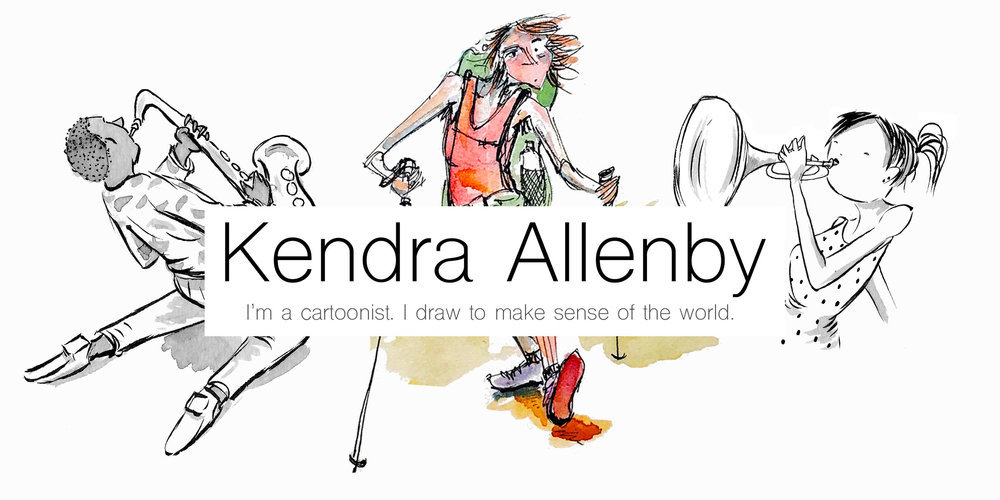Philosophy Behind the Atelier - The foundations of a solid art practice
Voice and Style - You can have perfect technique but if you’re not saying something, and that thing doesn’t come from some deep and real part of you, you are leaving something on the table. We come to art to understand the humanity in others and ourselves. Never leave behind the richness of your own thought and feeling in pursuit of perfect skills - it is the combination of the two that will make you profoundly capable. A solid art practice develops skills, but always has an eye on personal voice and style.
Technical Skills - Anatomy, perspective, proportion, composition - these aren’t the most important pieces but they can be the difference between tip-toeing up to your ideas and really being able to masterfully play with your thoughts on paper. If it’s hard to get your ideas across because your drawings are distracting due to, say, having to hide everyone’s hands behind their backs because you don’t want to draw hands - it’s time to sharpen your technical skills. And as everyone who has those skills knows, you can always improve them. If you can’t draw something the way you like that doesn’t mean it’s your personal style - it means that you haven’t learned enough about how to draw it yet to let your personal style come through.
Community - The solitary artist myth is just that - a myth. Most people get great benefits from being in an artistic community. Watching other people’s work develop, showing other artists your own work, not feeling isolated. Knowing what kind of input is helpful in your process and when, and how and who to ask for it - this is important self-knowledge. It is hard for most of us to be an artist in a vacuum, it is a delight to see your ideas in relation to other people’s ideas and to gain inspiration, energy, and perspective from their work.
Regularity - All these things become deeper, richer, more developed with regular practice. Regularity looks different for different people and at different times in your own life. Sometimes 3 hours a month is what you have to give to your art, sometimes 3 hours a day. Either way can be a regular practice that allows you to grow your art alongside your life.
The Kitchen Sink Atelier is open to artists of all skill levels. The only necessary ingredient is sustained interest in being the artist you want to be and giving that goal a regular chunk of your time. Focus is on drawing skills as they are the a base for visual art and thinking, they develop your mind-hand-eye coordination and are the foundation of drawing, cartooning, painting, storyboarding, sketching and composing visual images.


